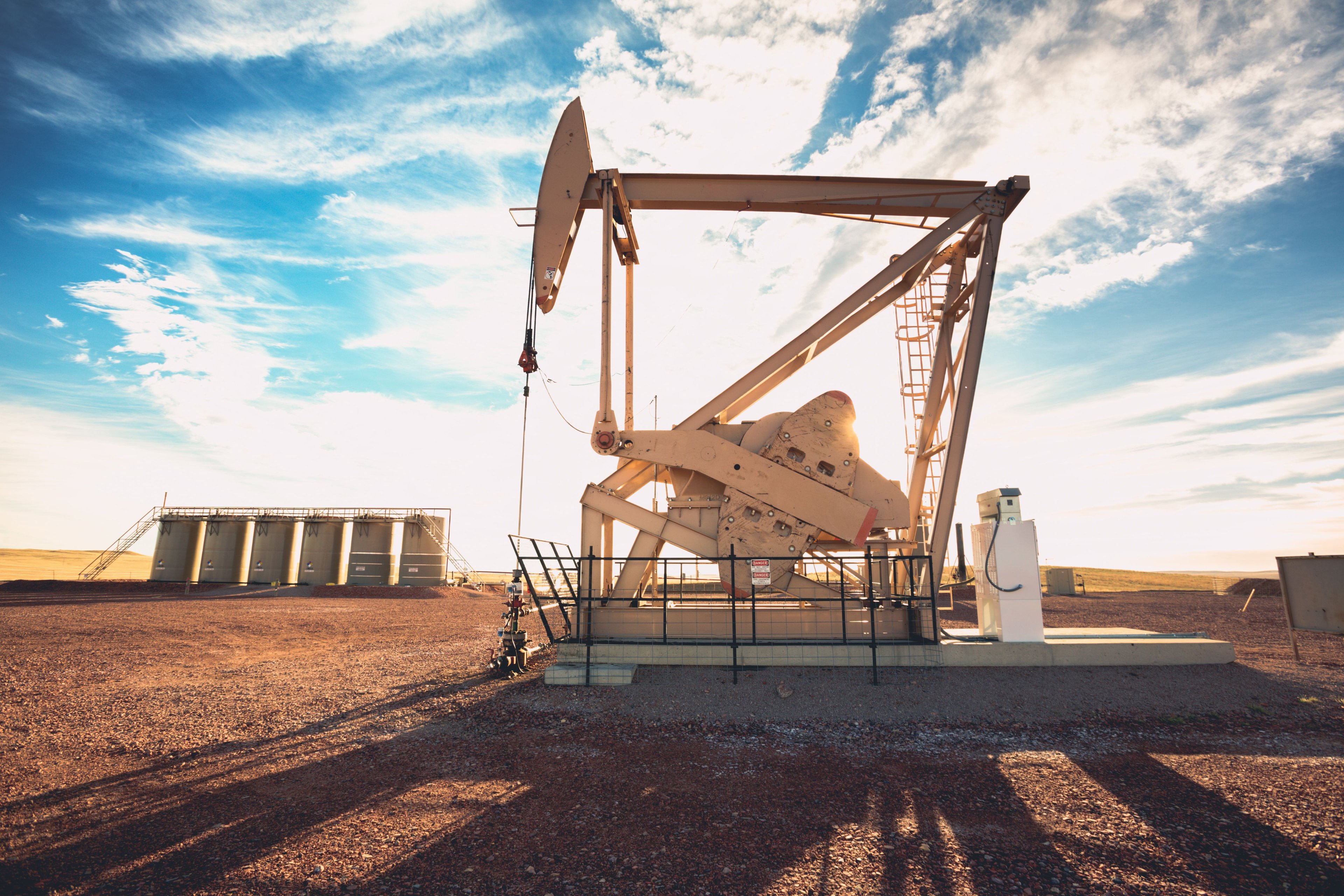Oil services company Halliburton (HAL 0.74%) delivered a first-quarter report that met analysts' expectations, but also warned of troubles ahead. Investors were disappointed, sending Halliburton shares down by as much as 10% at the open and down by 6% as of 1:28 p.m. ET, even as the broader market rebounded from Monday's sell-off.
Tariffs on the horizon
Halliburton is the world's largest provider of hydraulic fracturing (aka fracking) services, and its results tend to fluctuate based on the price of oil and demand for drilling equipment. The company earned $0.60 per share on revenue of $5.4 billion in the first quarter compared to Wall Street's expectations for $0.60 per share in earnings on sales of $5.3 billion.
North American revenue, which accounts for nearly half the business, was down 12% year over year, but that slide was partially offset by higher revenues from the Middle East and European markets.
On the earnings call, Halliburton executives warned that they expect future results to take a hit due to tariffs -- specifically asserting that tariffs could sap second-quarter earnings per share by $0.02 to $0.03, with about 60% of the hit coming from its completion & production segment, which includes its fracking business.
"A lot's happened in three weeks," CEO Jeff Miller said on the call.

NYSE: HAL
Key Data Points
Is Halliburton stock a buy?
Halliburton shares are now down about 25% year to date and have lost about half their value over the last 12 months.
The oil business is a cyclical industry, and investors can often do well by buying energy stocks during the cycles' troughs. At its current share price, Halliburton's dividend yields about 3.3% -- a tidy payment for those with the patience to wait out the downturn. But given the uncertainty on tariffs and how trade wars might impact the global economy -- and with it, the demand for energy -- a good bit of patience could be required.




